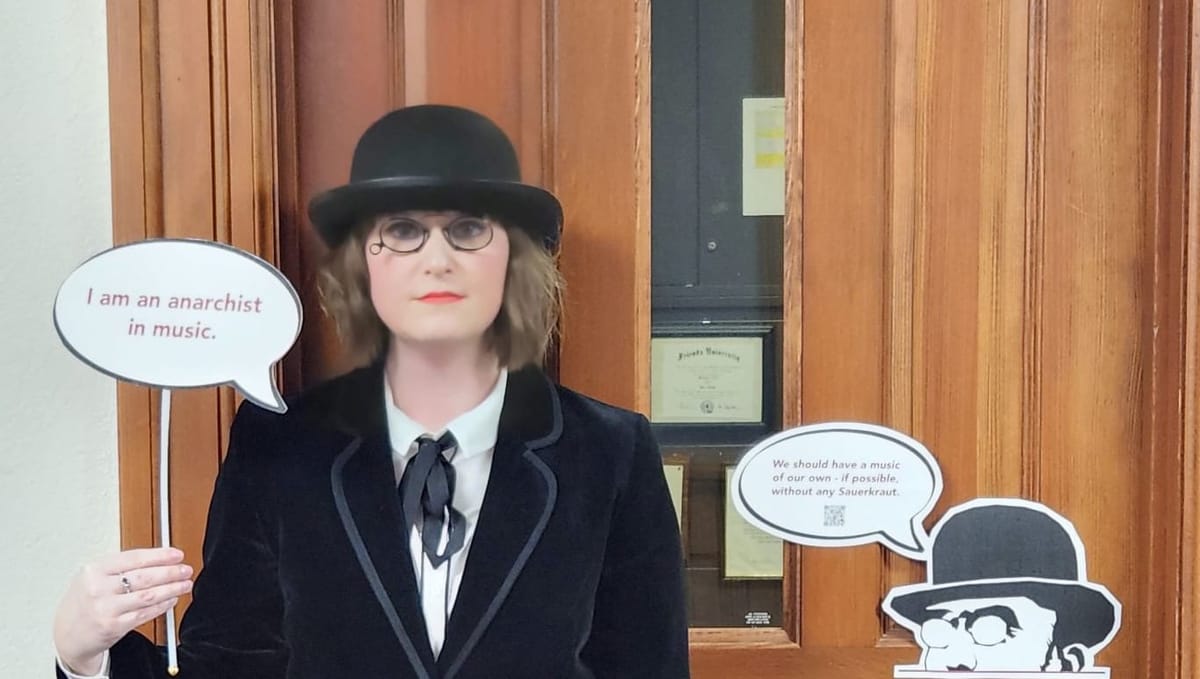In its 80th season, the Wichita Symphony Orchestra brings on a ‘musical diplomat’ as its new leader
Timothy Storhoff is weeks into his tenure as the new executive director of the WSO, an organization he calls a ‘musical engine’ for the city.
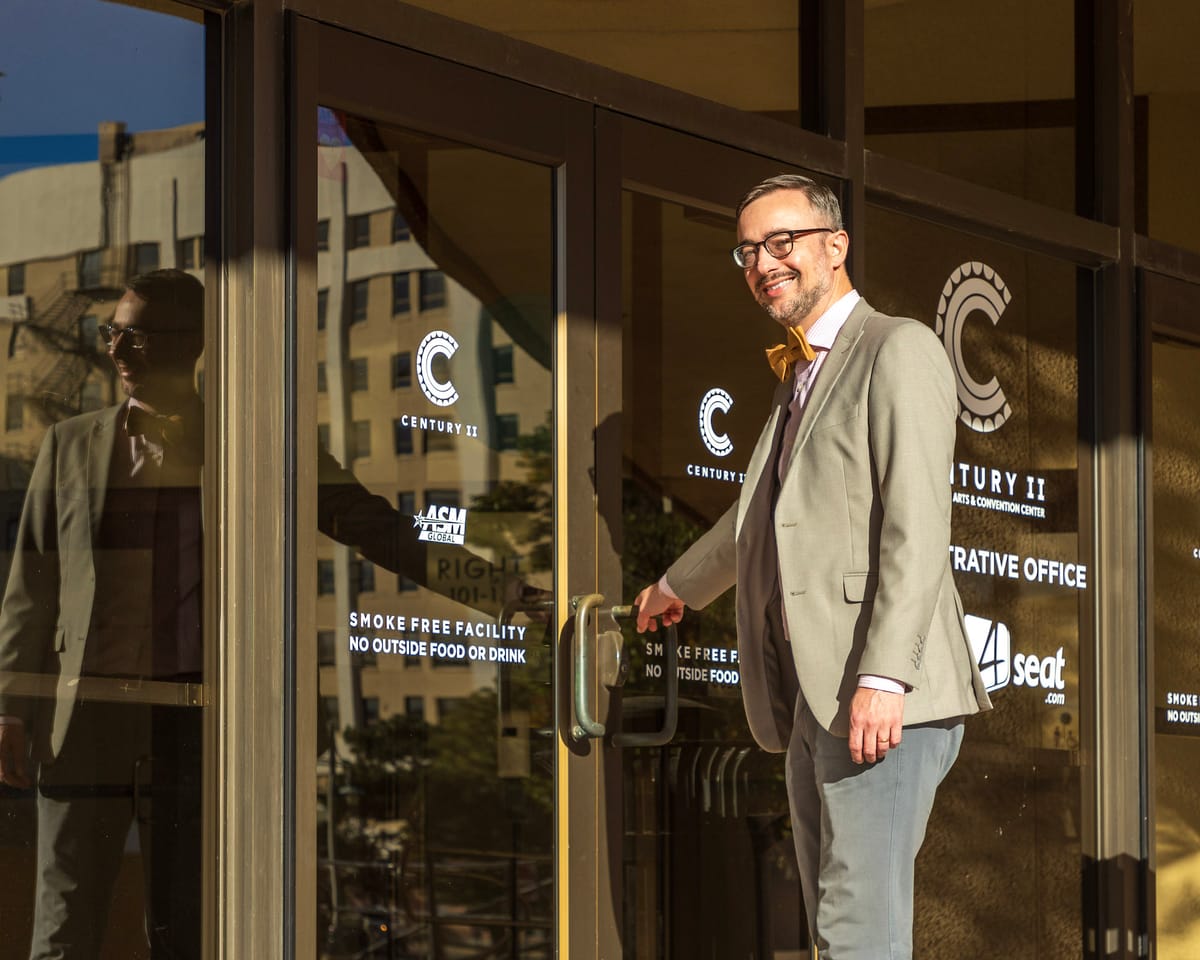
The Wichita Symphony Orchestra’s new executive director, Timothy Storhoff, arrived in town Sept. 13 — a day before the symphony opened its 80th anniversary season with a pops concert featuring the soul singer Capathia Jenkins.
A musicologist who has written a book about music’s role in U.S.-Cuban diplomacy, Storhoff advocates performing arts as a means of breaking down barriers. One barrier he would like to break down is the one between “pops” and “masterworks” programs. “War Horse in Concert,” performed last month in collaboration with the theater company ICTRep, is one example of how the Symphony might blur the line between the two categories.
“I think there are great artists who are not primarily considered classical musicians, but who have concertos, that would bring a following into a more masterworks-type concert,” he said. “‘War Horse in Concert’ is doing this. The score itself could be played at any masterworks concert. You add narrators and the visual element, and internally it’s classified as ‘pops,’ but masterworks subscribers are also getting tickets to it. It’s making people question their own assumptions a little bit.”
Storhoff grew up in Fargo, North Dakota. His first instrument was saxophone, but early on, a band teacher convinced him to give bassoon a try.
“Thankfully, because universities need bassoonists, I was able to get a scholarship and go be a music major,” he said. After graduating with a bachelor’s in bassoon performance from the University of Iowa, he headed to Florida State University to study musicology, earning a Ph.D. in 2014. Much of his research focused on world music, especially Cuban music, and he “kind of fell out of being a classical music fan.” But then he had the opportunity to shadow the National Symphony Orchestra of Cuba on its first-ever U.S. tour in 2012.
“That was one of those moments that helped bring me back to a love of classical music,” he said. “I looked at music connecting nations that hadn’t been talking to each other, that had these divides. Even within our own cities, we have separate communities, and I think that live music, orchestral music, can play a big part in bringing us together. So how can we be musical diplomats, even within Wichita?”
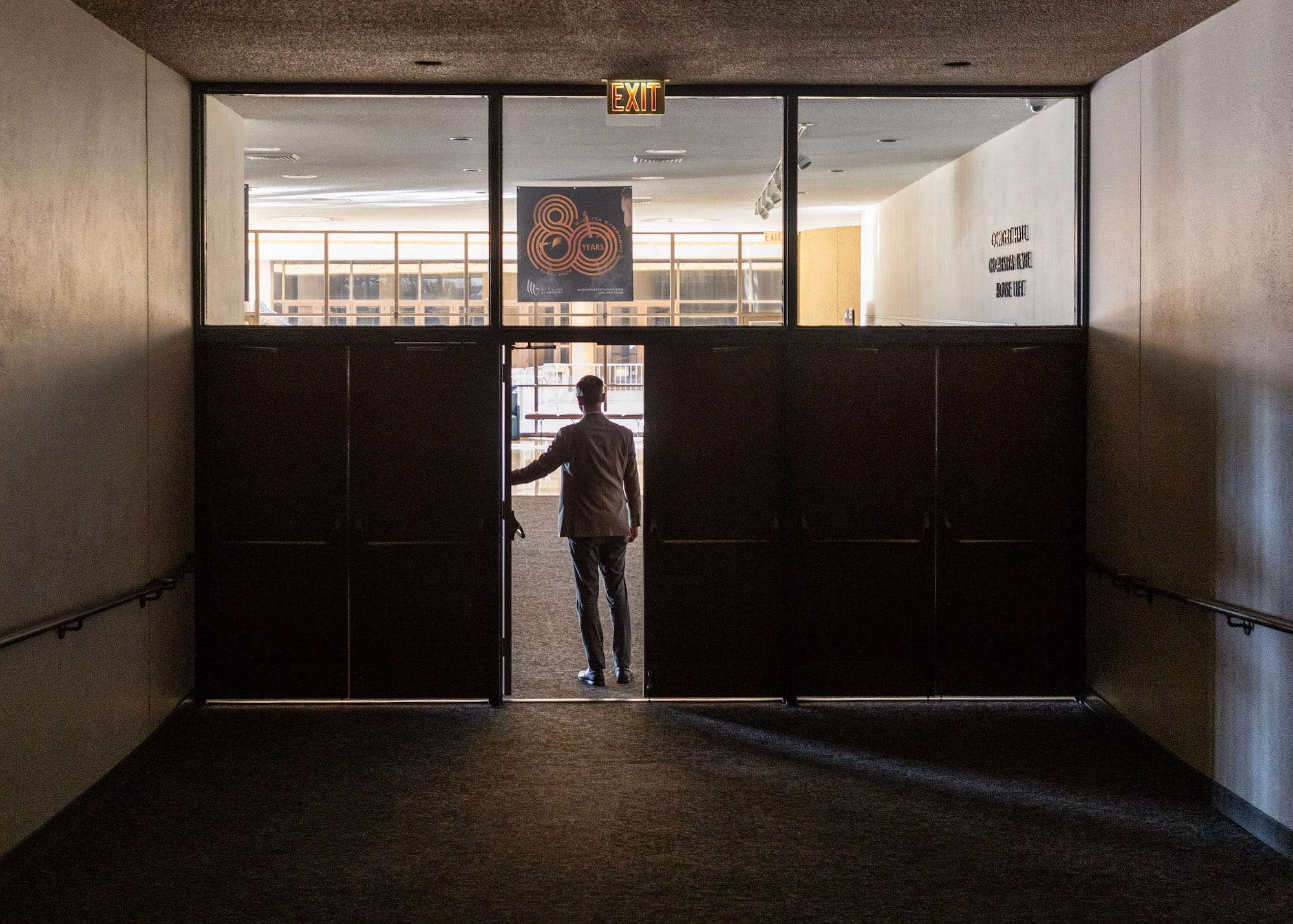
One might easily say that members of the WSO function as “musical diplomats.” Nearly every Wichita Public Schools student attends a WSO concert at Century II during elementary school, and that’s just the most numerically impressive of many outreach and education programs. (WSO founded the Wichita Youth Symphony in 1947 and has since added six more youth ensembles.)
Beyond what WSO undertakes directly, the Symphony functions as a “musical engine” for the whole city, Storhoff pointed out. It doesn’t provide full-time employment for any musicians, but the jobs, together with the opportunity to perform at a high level, entice professionals to return here after their schooling, or to move here and combine a WSO job with other opportunities such as teaching and freelance performance.
“Because we’ve got musicians in the symphony, if you want a string quartet for your wedding, those people are here. I think the symphony orchestra is the hub that keeps this city musical,” Storhoff said.
Our free email newsletter is like having a friend who always knows what's happening
Get the scoop on Wichita’s arts & culture scene: events, news, artist opportunities, and more. Free, weekly & worth your while.
No spam. Unsubscribe anytime.
The Wichita Symphony has faced headwinds in recent years and decades — the same headwinds that have affected the classical music industry and the performing arts sector in America more broadly. There was, of course, the COVID pandemic and its fallout. But even before that global event, subscription series sales were in a gradual, decades-long decline. In 2013, American orchestras’ non-subscription ticket revenue exceeded subscription revenue for the first time ever.
The marketing cost to sell single tickets is higher, on a per-ticket-sold basis, and turning a single-ticket buyer into a donor is more challenging. Arts administrators also start each concert cycle with more seats they need to sell.
In an increasingly fragmented media landscape, the first hurdle for a symphony to clear is basic awareness that concerts are happening, which Storhoff learned during his previous job as a marketer and fundraiser for the Winston-Salem Symphony.
“We need to break through and make sure people see when we’re actually having something, getting those dates and concert details out there,” he said. “We also need to sell the experience, make it accessible so that people aren’t worried that they don’t know what they’re supposed to do. … It really comes down to our community, in a lot of ways. I think it takes a personal invitation to get someone to step into a concert hall.”
Prior to COVID, the Symphony presented most masterworks programs twice. Since returning to live performance, each program has been performed once. That represented a pay cut for the musicians, who are paid on a per-service basis.
“Part of it is that the concert hall here is pretty huge for a traditional, acoustic orchestra. It’s no fun for it to feel empty. Even if you’ve got almost a thousand people in there, it can sometimes feel pretty spaced out. And the pandemic really did accelerate the decline of that traditional subscription model,” Storhoff said. “Everywhere, you just sort of saw it fall off a cliff.
“Now, I don’t even want to use the word ‘recovery,’ because I think the pandemic has been used too much as an excuse in the performing arts. We need to look forward. Thankfully, we hit and have already exceeded our subscription sales goals this year. Those goals are much lower than what we had pre-pandemic, but it shows that we’ve stopped the bleeding.”
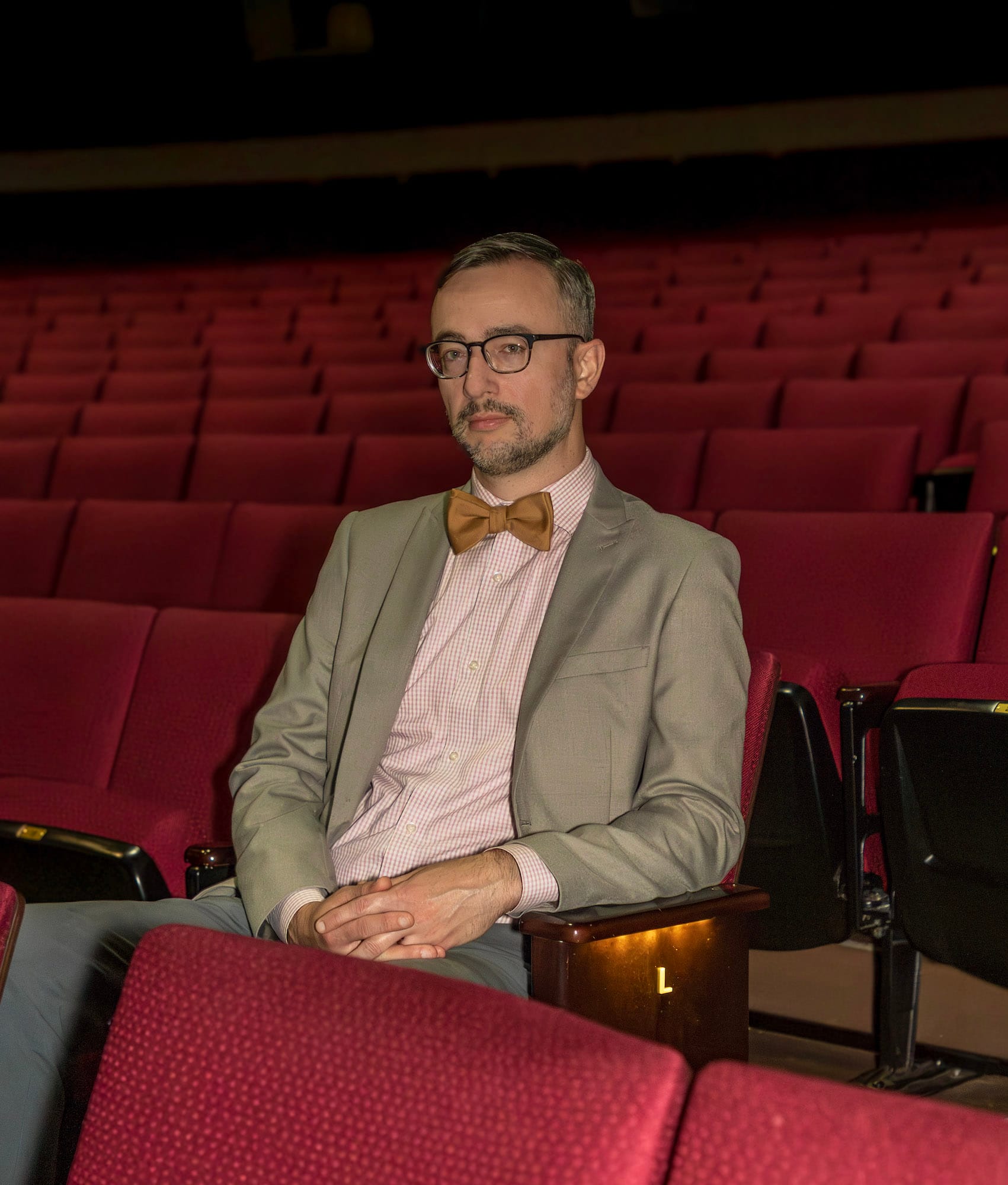
That things are looking up is evident in the hall. Under the baton of music director Daniel Hege, WSO’s 2023-24 season concluded with a committed performance of Mahler’s challenging, hour-long Symphony No. 1. Mahler demanded seven French horn players, rather than the more usual two to four. In a theatrical flourish, he called on all seven to stand and play loudly during the last bars of the symphony’s finale. The level the orchestra achieved was exciting, as was the audience’s response.
The audience that returned to see Stewart Goodyear open the 2024-25 masterworks season on Oct. 5 with Rachmaninov’s Piano Concerto No. 3 was even larger, to my eye. There are plenty of people who are not that into classical music in general who just love Rachmaninov’s music, and who can blame them? It’s spectacular.
But for me the most spine-tingling moment came right at the start, when Hege turned toward his back on the orchestra and conducted the crowd in “The Star-Spangled Banner.” Kansans, whatever else you might say about us, are not afraid to sing out.
The Details
The Wichita Symphony Orchestra’s 80th Season
Through the end of its season in April 2025, WSO will perform five masterworks concerts, one pops concert, two youth orchestra concerts, and one free holiday concert. Find the full WSO 2024-25 schedule online.
If you’ve never attended — or it’s been a while — the WSO has a handy guide on their website that includes information about parking, what people wear, and how you can get the most of your concert experience.
Upcoming WSO concerts:
Joyce Yang Plays Grieg
3 p.m. Sunday, November 17 at Century II Concert Hall, 225 W. Douglas Ave. in Wichita
$30-85. Student tickets are available for $10.
Wichita Youth Symphony Orchestras Fall Concerts
7:30 p.m. Saturday, November 23 and 3 p.m. Sunday, November 24 at Century II Concert Hall, 225 W. Douglas Ave. in Wichita
$20 for adults, $10 for students, and free to children age 12 and younger.
Spirit of the Season: Free Family Holiday Concert7:30 p.m. Tuesday, December 10, at Century II Convention Hall, 225 W. Douglas Ave. in Wichita
Learn more and reserve your free tickets.
Sam Jack is a poet, classical tenor, and the adult services librarian at Newton Public Library. He performs with several local groups, including Wichita Chamber Chorale, Wichita Grand Opera and Opera Kansas. He received a Master of Fine Arts in creative writing from the University of Montana.
Support Kansas arts writing
The SHOUT is a Wichita-based independent newsroom focused on artists living and working in Kansas. We're partly supported by the generosity of our readers, and every dollar we receive goes directly into the pocket of a contributing writer, editor, or photographer. Click here to support our work with a tax-deductible donation.
❋ Derby man has the kind of voice that turns heads — and chairs
❋ Socializing while sober: how some Wichitans are cultivating alcohol-free communities
❋ As a small creative business closes, the owner mourns
❋ Painting through it: Autumn Noire on 20 years of making art
❋ How a guy from Wichita resurrected 'Dawn of the Dead'
❋ Bygone Friends University museum housed curious collections
More music coverage from the SHOUT
 The SHOUTSam Jack
The SHOUTSam Jack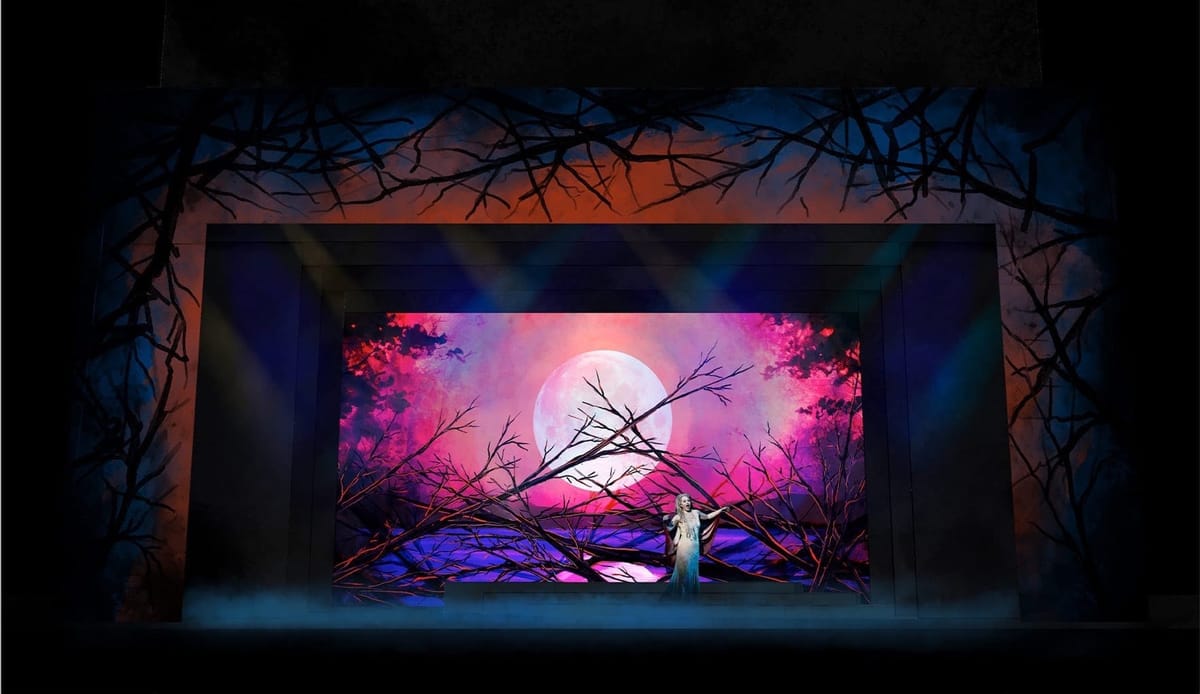
 The SHOUTKevin Kinder
The SHOUTKevin Kinder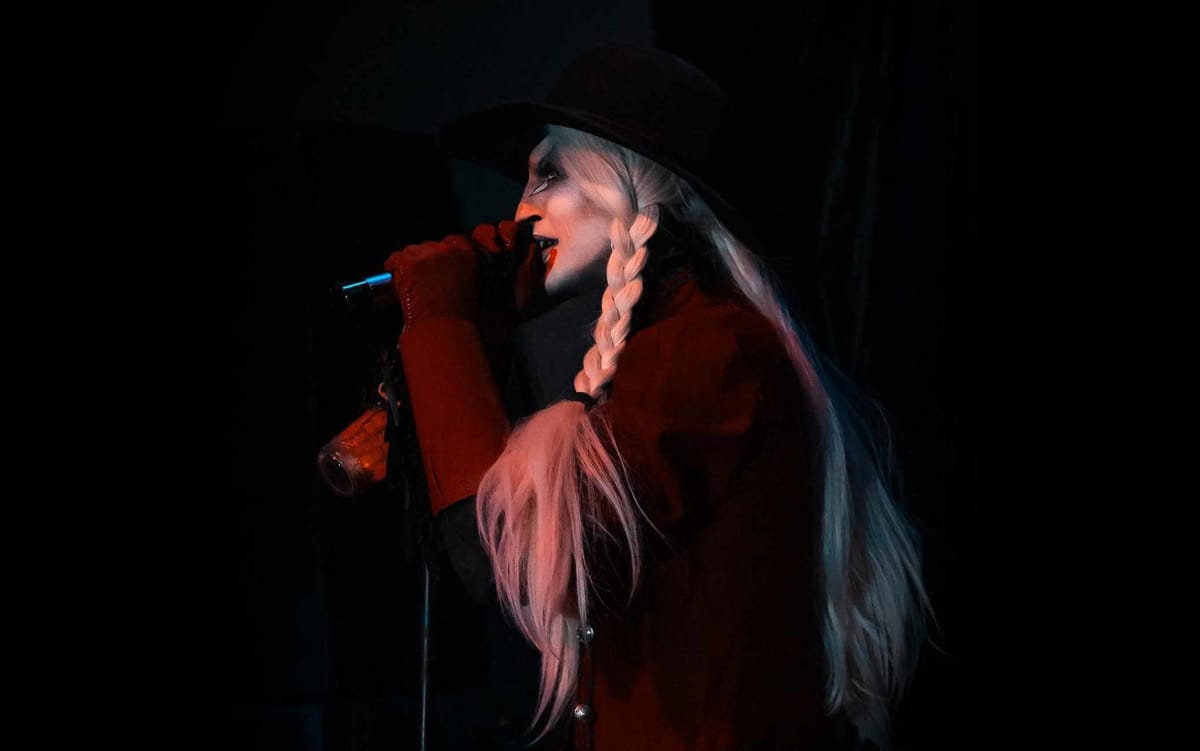
 The SHOUTSam Jack
The SHOUTSam Jack